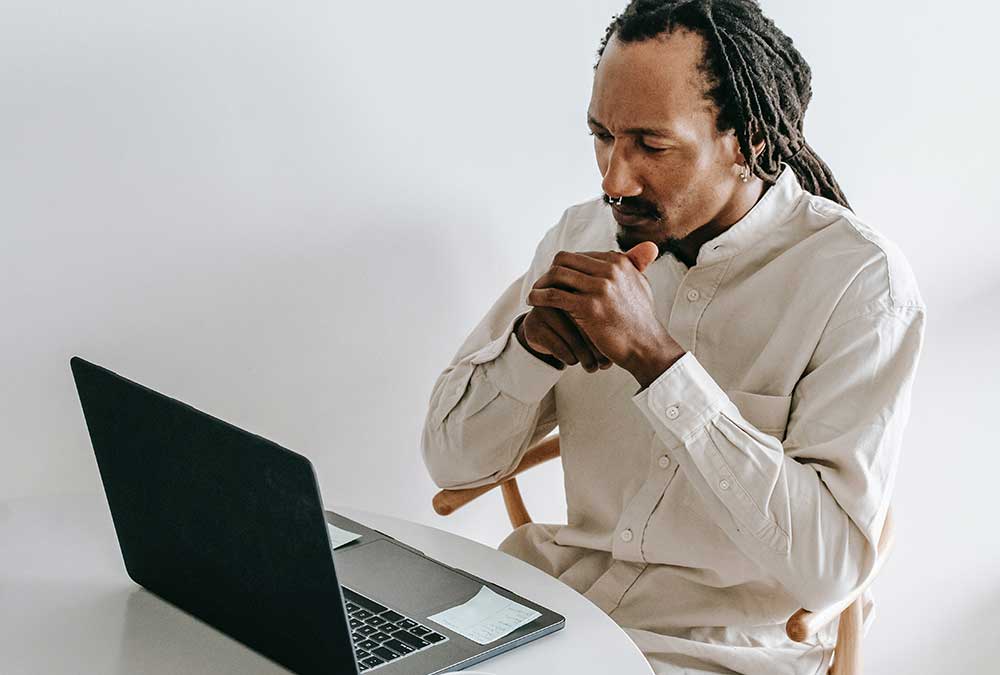If there is an issue with your physical health, most people wouldn’t hesitate in booking an appointment with their doctor. But when it comes to your mental health and wellbeing, people can feel nervous, embarrassed or even ashamed about seeing a counsellor. But why?
There are many myths surrounding counselling such as the nature of people who seek counselling, why have counselling when you can just speak to your friends and sessions only involve talking about your childhood.
Counselling is simply a talking therapy that involves a trained therapist listening to you and helping you find ways to move towards a positive mental health recovery, no matter the person or situation.
We explore and debunk the top 5 counselling myths.
- I don’t need counselling when I can talk to friends and family about my issues

Sharing your concerns with your friends and family is helpful, but it is very different from the relationship with a professional counsellor who has specialist skills for cognitive, behavioural and emotional issues.
Sometimes people can have feelings such as depression, anxiety or isolation but find it difficult to explain why – even with the most supportive network of family and friends.
Speaking about personal issues with a professional who is independent of friends and family can help you resolve your difficulties, understand your thought processes and develop helpful ways of living.
- Counselling is only for people in crisis

You do not have to be in crisis or on the verge of one, before choosing to have counselling.
Usually, individuals choose to have counselling because they are experiencing distress in their lives or struggles with their mental health. Life issues and events can be difficult to manage such as bereavement, divorce, redundancy, health issues and stress.
You may be experiencing underlying feelings of dissatisfaction with life in general, or be seeking balance in your life. All of these reasons and more will bring individuals to therapy.
Our counsellors can work with people facing all kinds of challenges and move towards finding your own solutions.
- Counselling costs too much money

Whilst some people may need more sessions than others, counselling is mainly solution-focused with an average 4 – 8 sessions depending on your circumstances.
Effective short term counselling can help people successfully manage their individual challenges, while others may need several months or more intensive support.
Certain therapies such as Cognitive Behaviour Therapy are short-term which focus on challenging and changing unhelpful thoughts and behaviours. This can change the way you feel about situations, and enable you to adapt in future.
- Counselling is endless talk about my childhood

Some people think that counselling sessions are spent only discussing your past, childhood and the relationship with your parents.
Talking therapy is simply a time set aside by you to explore what has brought you to therapy with your counsellor. This may include talking about life events (past and present), feelings, emotions, relationships, ways of thinking and behaviour patterns.
Your counsellor will help you explore issues to support and help you manage your own mental health.
- I’ve already tried counselling and it didn’t work
A negative counselling experience doesn’t necessarily mean it’s not the right course of action for you.
From the first session, it is important to consider if your counsellor is the right person for you. The relationship between the client and counsellor is central to the ongoing sessions and where a greater understanding of your concerns can be achieved.
It’s also important to attend your sessions with realistic expectations. Therapy is not a quick fix – it is a process and with a strong relationship with your counsellor, it can be a successful tool towards a positive way of living.
Counselling can be a life-changing experience, but it takes time and can be challenging.
At Breathe, you are required to attend a 30-minute assessment with our Lead Counsellor before your counselling sessions start. During the assessment, you will be asked certain questions about you and your life. This information ensures you are assigned with the most suitable counsellor, best matched to your needs.
Get in touch to find out if counselling could help you or somebody you know.




